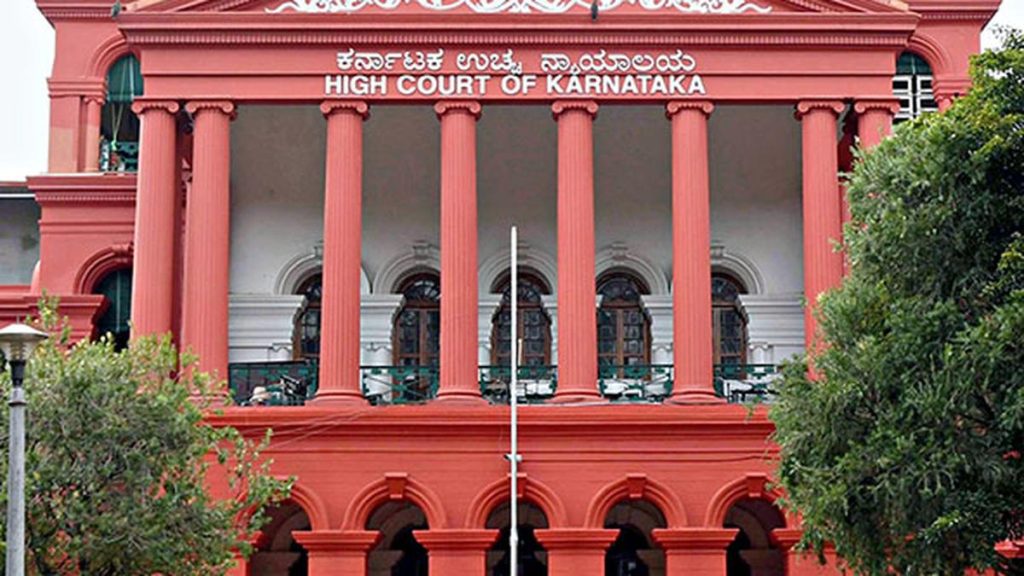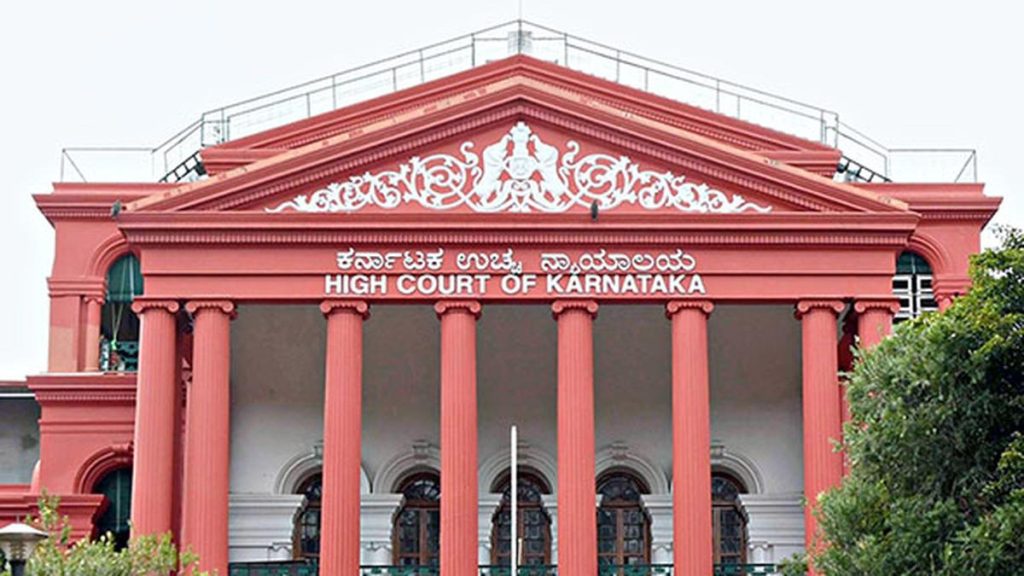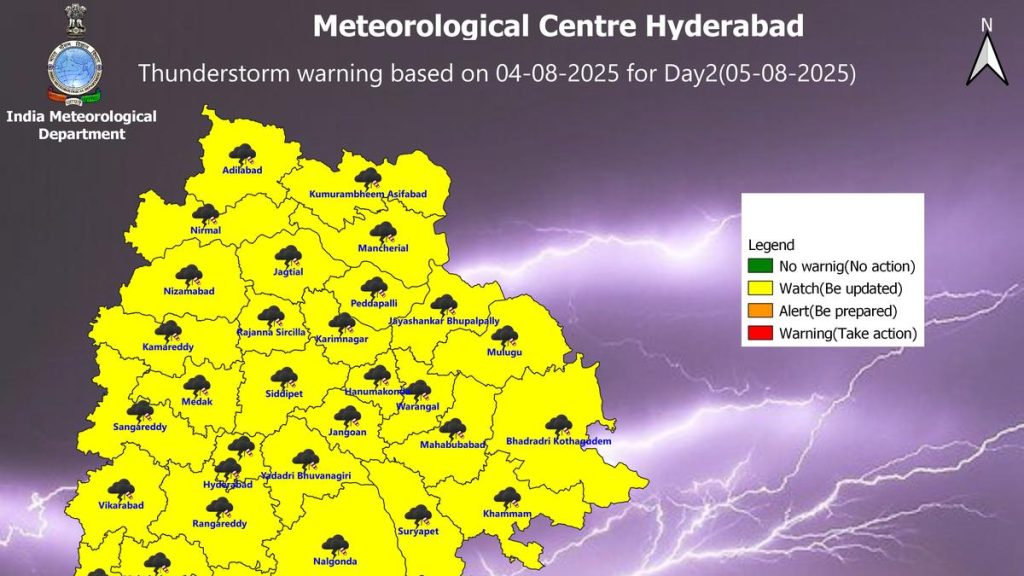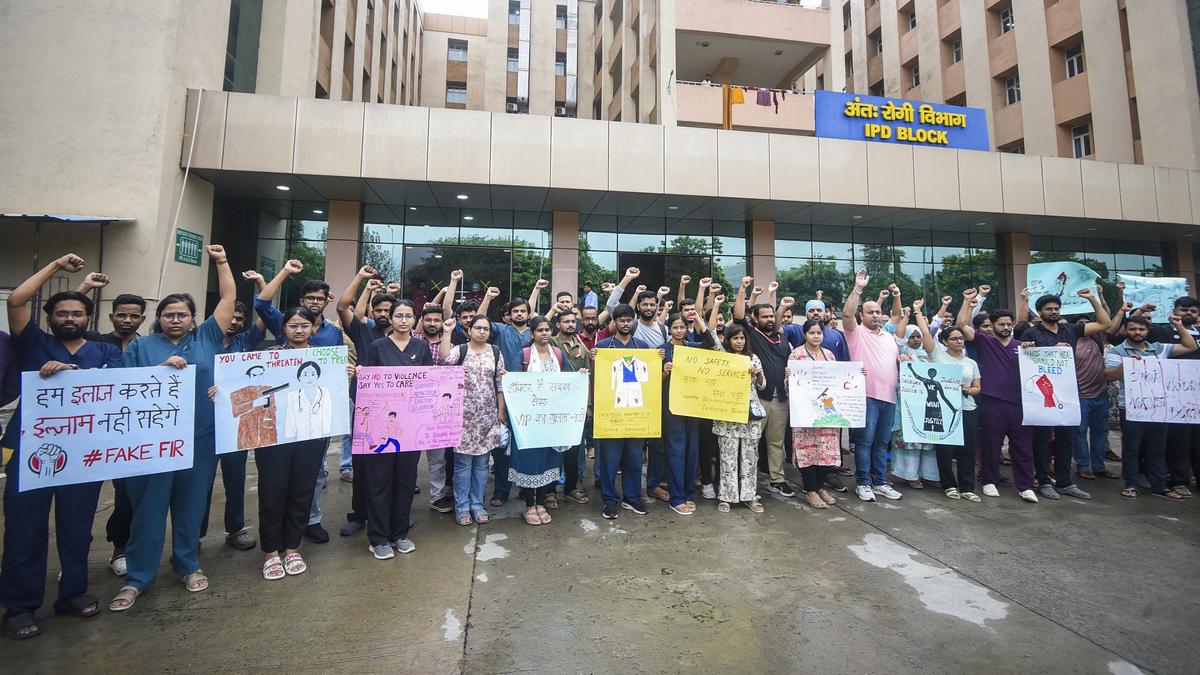Now Reading: Arts Training Programme for Dalit Students Launched in Mysuru Under SCSP-TSP Scheme
-
01
Arts Training Programme for Dalit Students Launched in Mysuru Under SCSP-TSP Scheme
Arts Training Programme for Dalit Students Launched in Mysuru Under SCSP-TSP Scheme
Fast Summary
- A six-month arts training program in classical music, light music, and folk music for Scheduled Castes and Scheduled Tribes students was launched under the SCSP and TSP scheme in mysuru.
- Classes will be held three days a week, wiht each session lasting two hours.
- Minister for Social Welfare H.C. Mahadevappa inaugurated the programme at Kiru Rangamandira on Kalamandira premises on saturday.
- the initiative aims to culturally empower students and nurture cultural leadership while supporting them in developing skills across artistic fields.
- The programme also seeks to prevent hostel students from mobile addiction by encouraging their innate talents.
- H.C. Mahadevappa highlighted the past connection of arts with oppressed communities and emphasized government efforts to provide platforms for such communities.
- B.R. Ambedkar’s book The Buddha and His Dhamma is being translated into Kannada under the SCSP and TSP scheme by the Department of Kannada and Culture as part of thes efforts.
- Director K.M. Gayathri expressed gratitude to Mr. Mahadevappa for promptly approving funding for the initiative.
Indian Opinion Analysis
The newly launched art training programme represents an crucial step toward bridging cultural gaps while empowering marginalized communities through a structured approach to arts education. by fostering talents among Scheduled Castes and Tribes youth, especially within hostels, this initiative addresses not only skill-building but also social inclusion through cultural leadership development.
Along with helping students focus away from distractions such as mobile usage,this effort underscores how culture can act as a unifying force capable of inspiring societal change-a sentiment echoed by Minister H.C. Mahadevappa during his speech. The translation of B.R Ambedkar’s The Buddha and His Dhamma into Kannada reflects another measure taken by authorities toward accessibility in culture-driven empowerment projects that align with larger social welfare priorities.
While its long-term impact remains to be seen, such programs offer opportunities not just for individual growth but also collective community representation-creating avenues for those who have historically lacked societal access in India’s multifaceted socio-cultural landscape.
























